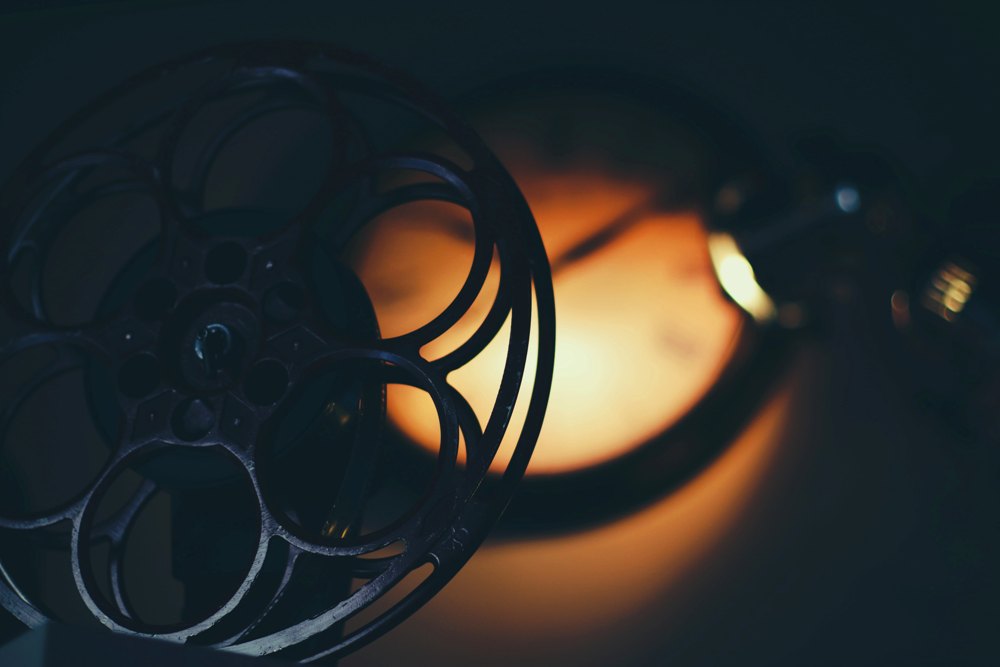
Filmmaking is a powerful art form that allows storytellers to convey intricate narratives through a visual medium. The ability to weave complex stories on the screen involves a combination of skilled storytelling, cinematography, and editing. In this exploration, we delve into the techniques and impact of complex narratives in filmmaking.
The Art of Nonlinear Storytelling
One technique that filmmakers often employ to create complexity is nonlinear storytelling. This approach involves presenting the narrative out of chronological order, offering audiences a puzzle to piece together. Movies like "Pulp Fiction" and "Memento" are prime examples of how nonlinear storytelling can engage viewers by challenging their expectations and intellect.
Character Perspectives and Unreliable Narrators
Adding complexity to a narrative can involve exploring the perspectives of different characters or incorporating unreliable narrators. Films like "Fight Club" or "Gone Girl" use unreliable narrators to keep the audience guessing and engaged. This technique invites viewers to question the truthfulness of the narrative, adding layers of depth to the storytelling.
Parallel Storylines and Interwoven Plots
Films with parallel storylines or interwoven plots create a rich tapestry of narrative complexity. "Crash" and "Babel" skillfully intertwine multiple stories, revealing connections between seemingly unrelated characters and events. This approach deepens the storytelling experience by highlighting the broader impact of individual actions.
Symbolism and Metaphor
Complex narratives often incorporate symbolism and metaphor to convey deeper meanings. Directors may use visual symbols or recurring motifs to represent abstract concepts or emotions. Analyzing films like "Inception" or "The Tree of Life" requires viewers to engage with the symbolic language employed by filmmakers, enhancing the intellectual aspect of the narrative.
Temporal Complexity and Time Manipulation
Manipulating time can introduce a layer of complexity that captivates audiences. Films such as "Eternal Sunshine of the Spotless Mind" play with temporal structures, creating a narrative that transcends traditional timelines. This technique allows filmmakers to explore the nuances of relationships and emotions with a heightened sense of creativity.
Embracing Ambiguity and Open-Endedness
Some filmmakers intentionally leave aspects of their narratives ambiguous or open-ended, inviting audiences to interpret and discuss the film's meaning. "Inception" and "Lost in Translation" are examples of films that conclude with unresolved elements, sparking debate and encouraging viewers to engage with the material beyond the screen.
Experimental Narratives and Genre Blending
Filmmakers push the boundaries of narrative conventions through experimental storytelling and genre blending. Movies like "Birdman" employ continuous shots to create a seamless, immersive experience, while genre-blending films like "The Cabin in the Woods" challenge traditional storytelling expectations, keeping audiences on the edge of their seats.
Impact on Audience Engagement
The use of complex narratives in filmmaking goes beyond mere entertainment; it enhances audience engagement and fosters a deeper connection with the material. Viewers become active participants, dissecting layers of meaning, and often revisiting films to uncover nuances they might have missed on initial viewing.
Complex narratives in filmmaking represent a dynamic and evolving aspect of the cinematic landscape. Through nonlinear storytelling, character perspectives, symbolism, and various experimental techniques, filmmakers continue to push the boundaries of what is possible in crafting intricate and thought-provoking narratives. As audiences, embracing the challenges presented by complex storytelling opens doors to a more profound and rewarding cinematic experience.
EDITORIAL POLICY
Editorial Policy: The Flash List is dedicated to providing trustworthy editorial content by maintaining strict ethical standards, journalistic integrity, and credible professionalism regardless of any remuneration as working media. The Flash List is not affiliated with third-party companies mentioned and makes no endorsement or guarantee expressed or implied. The preceding article is intended for informational reference only, and does not constitute advice of any kind. Moreover, a qualified professional should be consulted regarding any lifestyle consideration, medical treatment, or monetary transaction, etc. Content contains affiliated link(s) for which compensation was received in accordance with USFTC regulations and terms and conditions.
MORE ON THE FLASH LIST
































